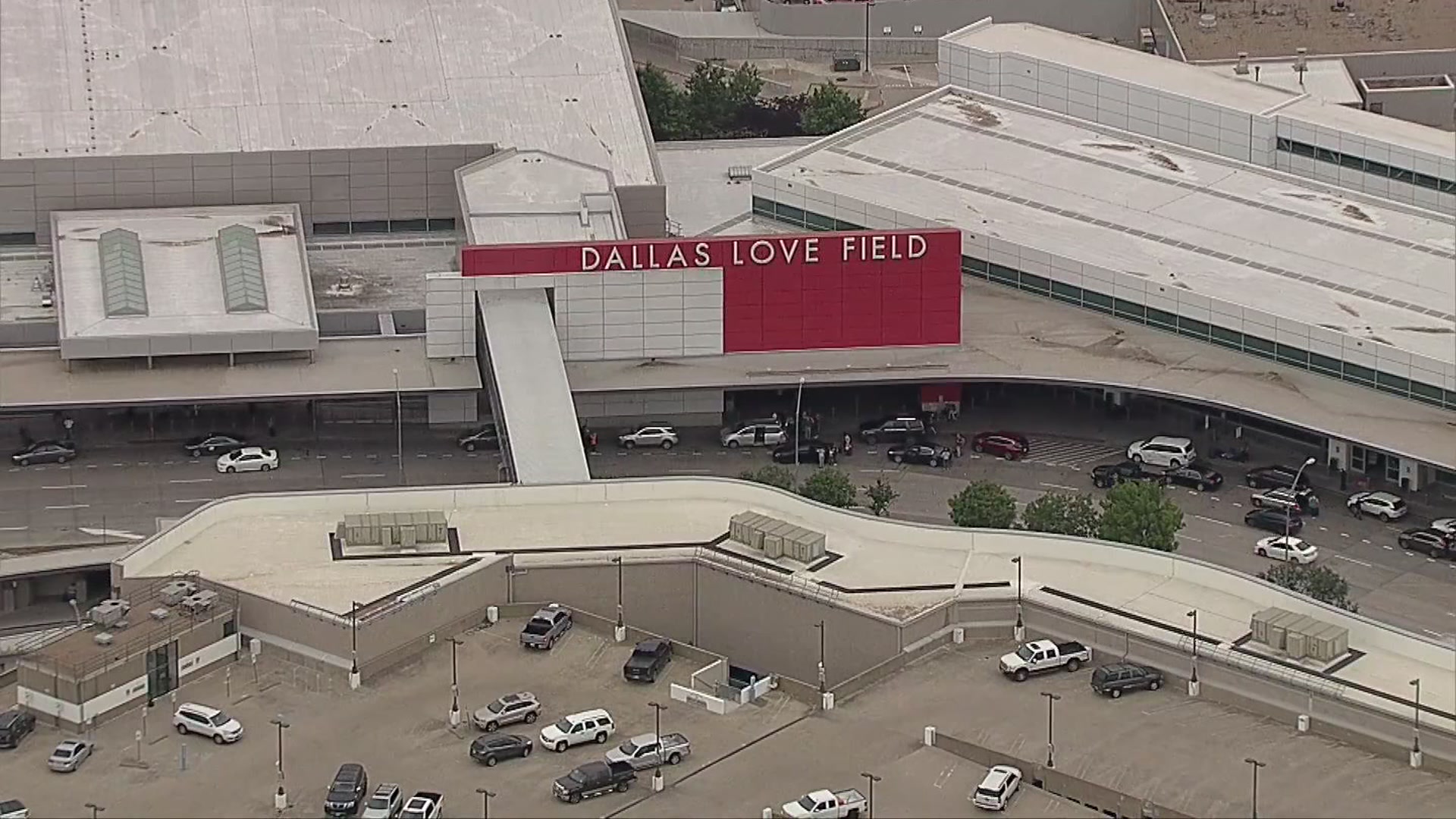A Dallas police proposal to expand the city’s cruising regulations is now receiving strong criticism after what was expected to be routine City Council approval this week turned into a delay.
To help combat prostitution and human trafficking in the Harry Hines Boulevard area, police suggested an expansion of regulations against vehicles cruising around, which have been limited in the past to control traffic in Deep Ellum and the Central Business District.
Dallas Police Vice Unit Lieutenant Gerald Smalley defended the plan at this week’s meeting.
“One of my detectives originally had the idea for this change and it did not have anything to do with revenue or tickets. It’s a tool in our toolbelt to help identify the pimps and the traffickers that are in this area,” Smalley said. “One of our priorities is to go after the traffickers in this part of town and this ordinance change would help us do that.”
The expansion was to cover a section of Harry Hines, Walnut Hill Lane, Shady Trail and Southwell Road. Smalley said it is the epicenter of prostitution activity in Dallas.
Legitimate businesses in the area have long complained about the nuisance of prostitution. James Craig who runs Dennis Road Automotive said he was pleased to see a new enforcement approach from the city.
“If they’re reducing them and getting them away from the area, they’ll leave. They don’t want confrontation,” Craig said. “It’s very embarrassing when you have to tell them to get out of the way so customers can get in their car.”
Local
The latest news from around North Texas.
Council Member Jennifer Gates who represents the area just east of Harry Hines supported the change. She is also now Chairperson of the City Council Public Safety Committee, which was briefed about the plan in advance.
But Council Member Omar Narvaez who represents most of the Harry Hines Boulevard area said he was not informed about the change.
“There’s a lot of information I would like beforehand before I could make a responsible vote on this item,” Narvaez said.
Councilman Adam Bazaldua who represents portions of Southeast Dallas and Fair Park said he was adamantly opposed to the new restriction on cruising. He said it could be used to unfairly single out certain people who had committed no crimes.
“A tool for oppression. That’s exactly what this is,” Bazaldua said.
Territory for the new law ended at Royal Lane, just south of the Dennis Road Automotive location, which is just north of Royal Lane.
“It needs to be expanded to cover the whole area of the problem, though. Not just the Harry Hines and Walnut Hill area. We have our share of it, too,” businessman James Craig said.
Public speakers at the City Council Meeting also complained that the city should be helping women involved in prostitution instead of creating a new mechanism to write tickets.
Police said diversion programs are already in place to rescue prostitutes and human trafficking victims who are found on the street and provide the opportunity for a new life, avoiding jail.
Smalley said all women have been offered alternative diversion programs recently and none have gone to jail on prostitution charges as happened frequently in the past.
The measure was removed from the City Council consent agenda for separate consideration and then delayed until the next voting agenda meeting to provide time for additional conversations with the community.
The next agenda meeting is December 9.



